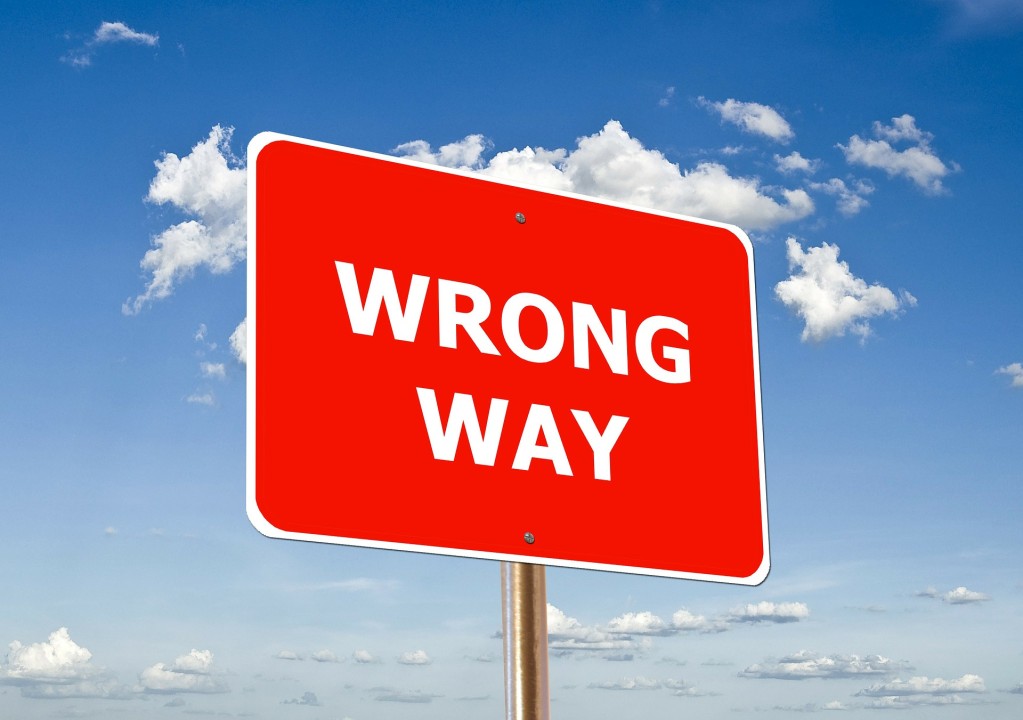
Judges just don’t get your arguments sometimes, it seems, and that can be really frustrating. But don’t lose your cool. The Court of Appeal in Shah v. Fidelity Nat’l Title Ins. Co. (D1d1 Dec. 27, 2022) 2022 WL 17959563 (nonpub. opn.) admonished counsel for impugning the trial court and opposing counsel in the appellate briefs.
The plaintiff in this real property dispute had his case dismissed on a demurrer, but got it reversed on appeal. But then the trial court dismissed his case on summary judgment. To the plaintiff, apparently, it felt like the trial court was looking to quickly dispose of the case.
And the plaintiff—represented by a 40-year attorney—let the trial court have it in his appellate briefs. He said the trial court “refuses to learn” the law, “misrepresents” the law and “knowingly errs to achieve a preconceived outcome.” Counsel also called the MSJ proceedings “a magical mystery trial” and accused the trial court of “duplicity.”
Not to be left out, defendant’s counsel was also accused of using “sophistry” to “seduce gullible courts” with a “bag of tricks, lies, and misdirection.”
The Court of Appeal admonished—though did not sanction—counsel for this diversion from the rules of civility. “Such bombastic, ad hominem attacks have no place in an appellate brief and are potentially contemptuous and sanctionable behavior. “[A]n opening brief is not an appropriate vehicle for an attorney to ‘vent his spleen’ .... This is because, once the brief is filed, both the opponent and the state must expend resources in defending against and processing the appeal. Thus, an unsupported appellate tirade is more than just words on paper; it represents a real cost to the opposing party and to the state.” (Pierotti v. Torian (2000) 81 Cal.App.4th 17, 32–33, fn. omitted [awarding sanctions for frivolous arguments unsupported by the record made in an opening appellate brief].)”
The court went on: “Further, “[d]isparaging the trial judge is a tactic that is not taken lightly by a reviewing court. Counsel better make sure he or she has the facts right before venturing into such dangerous territory because it is contemptuous for an attorney to make the unsupported assertion that the judge was ‘act[ing] out of bias toward a party.’ ” (In re S.C. (2006) 138 Cal.App.4th 396, 422.)”
Fortunately, the court noted that, while counsel’s incivility “reflect[s] poorly on the profession,” the nature of counsel’s indiscretion is not common among the bar.
The court warned counsel that future indiscretions may warrant sanctions.
While perhaps not widespread, there is a notion among many attorneys that such bombastic language is needed to “cut through the noise” and get a court to understand the severity of the problem. While I strongly disagree, my faith in civility has been shaken when judges not only fail to express umbrage at uncivil language, but even seem to take conclusory accusations at face value. For this reason, while I never use bombast in my own writing, I cannot count it out of the question: sometimes, at least in the trial courts, it does seem to work. Much to my chagrin.
But I have never seen it work in the appellate courts. You may be admonished for using bombast and adverbs to excess. But worst of all, you will have lost all hope of persuading your panel.